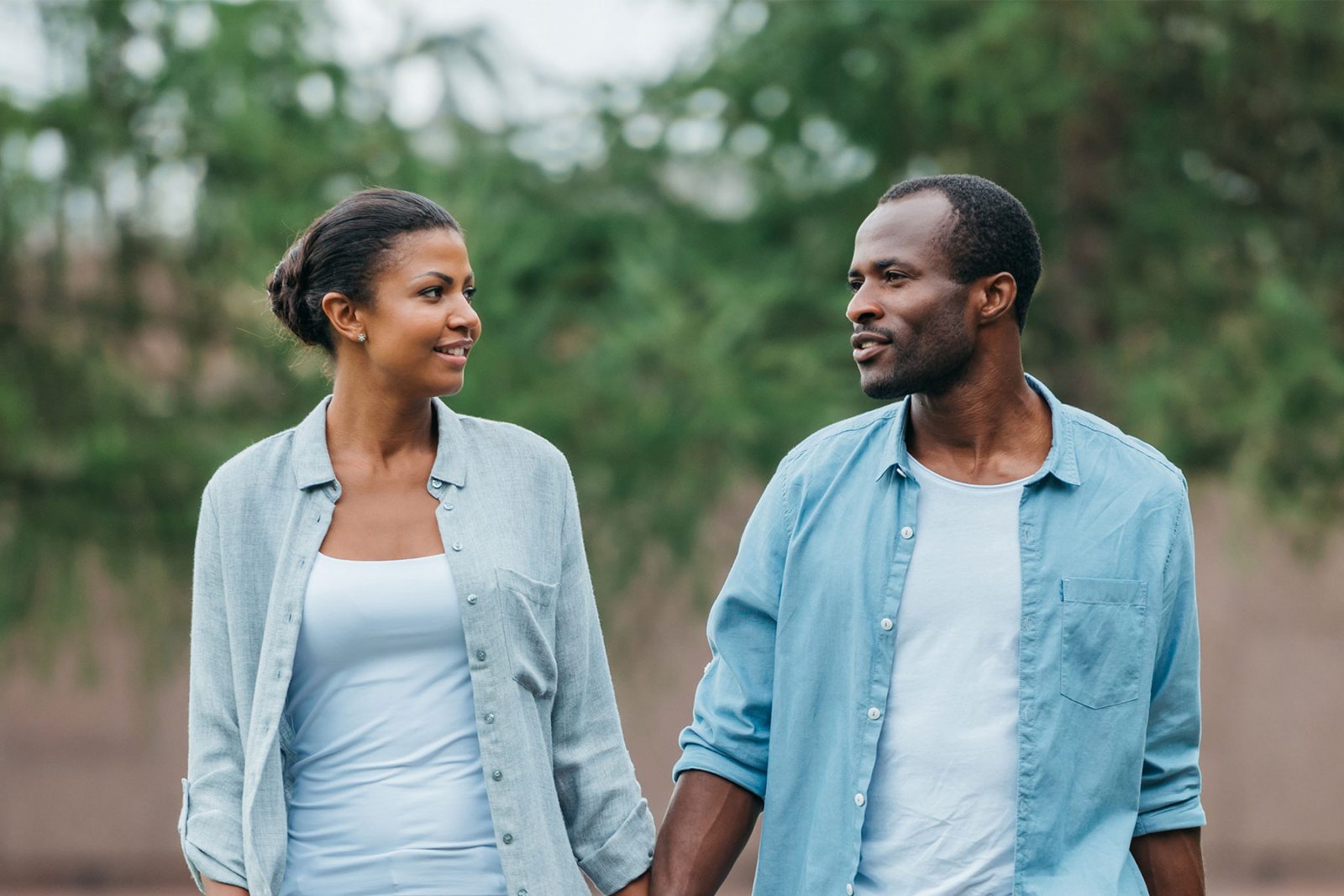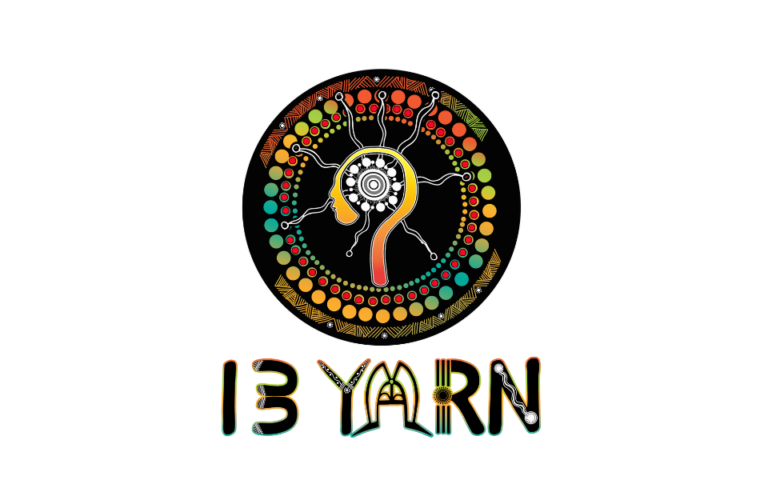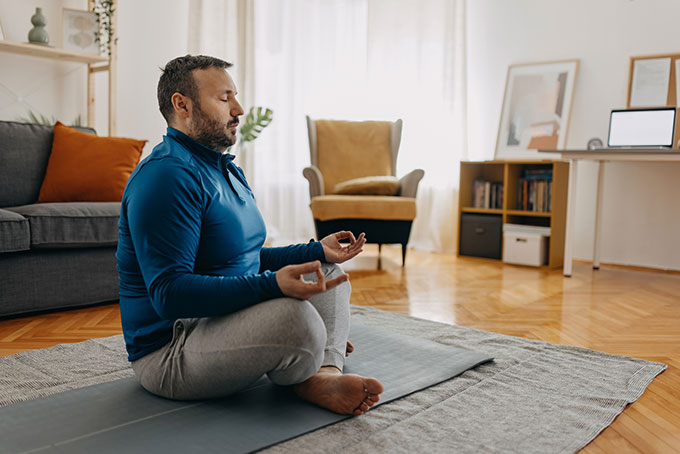Personal relationships are so important to not only our hearts but also to our wellbeing, and therefore we need to give them the best chance they can have by starting them off on the right foot.
How to get your relationship started the right way
Commit to having a positive attitude
Our attitude toward our partner can have a huge impact on the health of our relationship and the satisfaction both people feel. Practising a ‘good attitude’ fosters a happy relationship, because we tend to see more of what we look for. If you acknowledge your partner’s good qualities regularly, you will begin to notice them more and more.
Spend quality time together
It may sound obvious, but after being together for a while, it can be easy to slip into a routine and start treating our partner like they are part of the furniture. Carving out time to give one another our ‘best’ rather than just our post-work, post-gym selves helps both people to be reminded of the things they love about the other and facilitates bonding through shared experiences.
Understand each other’s relationship needs
Everyone has different needs in a relationship. Start by understanding each of your attachment styles, what causes you each to feel anxious in the relationship and discuss what would help you each to feel more secure or relaxed. Work to understand each of your love languages. Understanding the way you each show love, be it verbally, through physical affection or ‘doing things’ will help each partner to recognise these behaviours, cater more to their partner and help each partner to feel loved.
“No one is perfect and one of the only certainties in life is that people make mistakes.”
Make a point of forgiving
No one is perfect and one of the only certainties in life is that people make mistakes. If you want to truly commit to your relationship, then you need to commit to its wellbeing and forgiveness is a tool which can aid you in this. When your partner does something to annoy or disappoint you, gently communicate this, but make a point of quickly letting go and moving on. If your partner has done something to deeply hurt or betray you, first decide if you want to stay with them or not. If you do, then you need to commit to forgiving them. This often takes a lot of work on your part, so consider getting help.
Foster intimacy
To have intimacy is to be completely open with someone and know they won’t turn away from us. Fostering intimacy in a relationship usually begins with one person ‘taking a leap’ and sharing something which makes them feel vulnerable. Having intimacy in a relationship increases trust, feelings of closeness and security, all things which are essential to a positive and healthy relationship.
Be supportive
Being supportive is integral to a healthy relationship. It means being your partner’s cheer squad, and being there for them, emotionally and physically when they need you to be. Being supportive when someone is going through a really hard time can be difficult especially if it impacts their mood and tolerance. However, it can often determine the direction of your relationship. Showing unwavering support during tough times can strengthen the bond and trust between you immeasurably.
If you’re struggling in your relationship and have been feeling down for more than a few days and feel that things aren’t getting better, speak with a professional counsellor. Suicide Call Back Service is available 24/7.
Call us on 1300 659 467.
If it is an emergency, dial 000.









